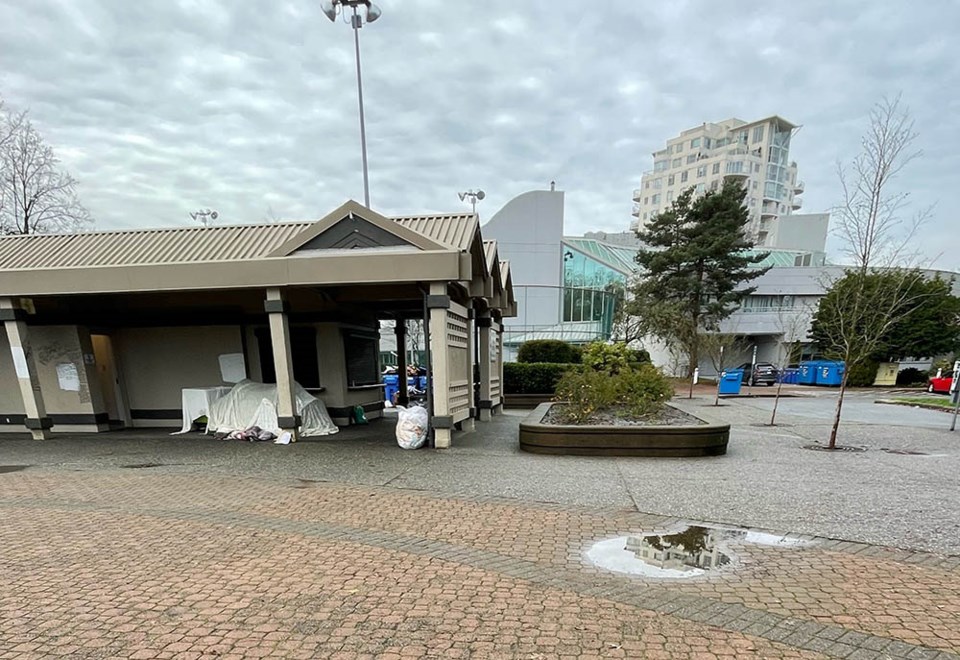Richmond city council voted unanimously to push the province to put people who are severely mentally ill or severely addicted into “secure care.”
Coun. Kash Heed initiated the motion at Wednesday’s city council meeting, and all of council supported involuntary care for those who, as Coun. Carol Day described them, “not healthy enough to make intelligent decisions.”
The provincial government was planning to allow people to be put into care without their consent, but, after pushback from advocates, Premier David Eby seemed to reverse course.
Secure care means taking people into care without their consent. This is already allowed under the Mental Health Act if someone is a danger to themselves.
In his motion, Heed noted drug addiction and mental illness is reaching “alarming levels globally.”
“The lack of secure care facilities/treatment exacerbates the risks faced by individuals struggling with these conditions,” Heed explained. “Insufficient access to secure care facilities leads to overcrowding in hospitals and correctional facilities while perpetuating social order problems in our communities.”
With deaths from drug poisonings at a “record high” and homelessness continuing to increase, Heed told the Richmond News it’s not time for the BC NDP government to be “politicking” on this issue.
Treatment now is voluntary whereby anyone can just walk out, noted Coun. Andy Hobbs at Wednesay’s city council meeting, speaking in support of secure care. He said he’d like to see a system that gives people “a shot” at going down a “productive path” in life.
“What we’re doing now is not working,” Hobbs said.
Coun. Alexa Loo said there’s an urgency to deal with people in the throes of addiction or severe mental-health crises. She compared the situation to people with dementia who are placed in locked areas in nursing homes for their own safety.
“Is leaving them on the street the best answer – maybe not,” she told council.
While voluntary care is the “best scenario,” Coun. Laura Gillanders said having a system of secure care would fill in a gap for those who are not functioning in society.
While at the Richmond Hospital on Wednesday morning, Health Minister Adrian Dix said he’s interested to hear what Richmond city council has to say on secure care.
However, he noted, new mental-health facilities currently under construction are the “least medical.”
“The least helpful have been the mental health and addictions facilities that are the facilities we built in the 1950s and 1960s that give a sense of much more incarceration, much more health-care,” Dix said.
Early in December, Premier David Eby seemed to pivot from secure care to a seamless addictions treatment model that is voluntary.
“I don't think that it's right to say, OK, well the issue here is that we need to force more people into care, if you're not able to actually offer the care on a voluntary basis to the people who are ready to go,” Eby said.
- With files from Rob Shaw/Business in Vancouver
Got an opinion on this story or any others in Richmond? Send us a letter or email your thoughts or story tips to [email protected].



